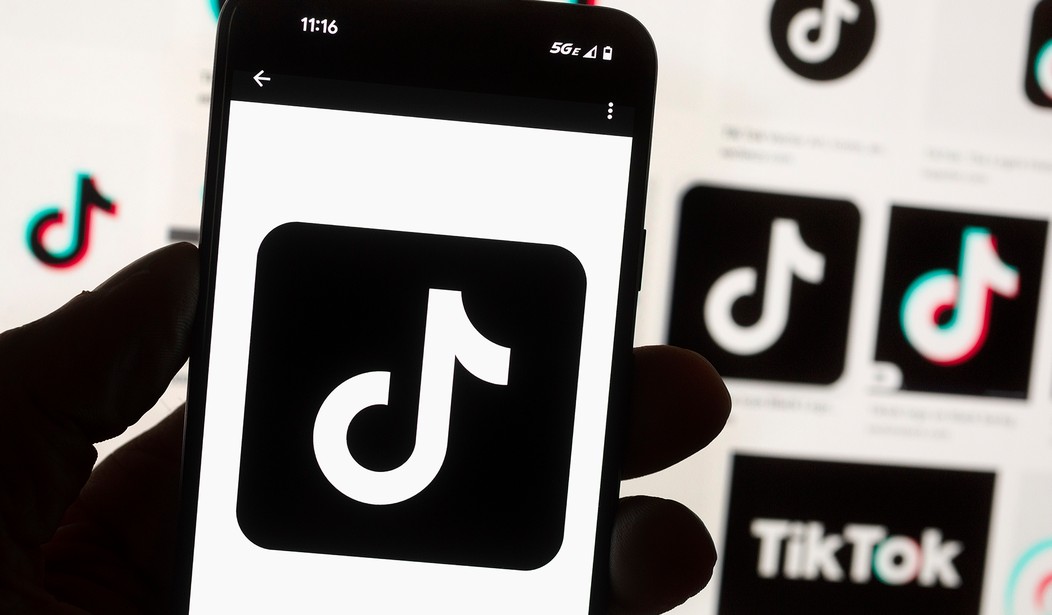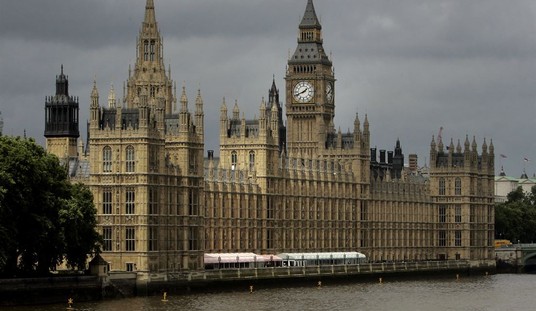Despite its rising popularity — as RedState’s Ben Kew reported, the site boasts more than 150 million monthly users — a number of state and governmental entities have moved recently to ban TikTok’s use on government devices, if not pushed for an outright ban of the app.
Last November, FCC Commissioner Brendan Carr called for the U.S. to ban TikTok on national security grounds.
Published by Axios on Tuesday, the new interview with Brendan Carr features “the strongest language Carr has used to date to urge action on TikTok.”
The Council on Foreign Investment in the U.S. (CFIUS) should take action to ban TikTok, Brendan Carr, one of five commissioners at the Federal Communications Commission, told Axios in an interview.
…
“I don’t believe there is a path forward for anything other than a ban,” Carr said, citing recent revelations about how TikTok and ByteDance handle U.S. user data.
In December, Louisiana’s Secretary of State, Kyle Ardoin, banned the app from devices issued by his department and asked Governor John Bel Edwards to do the same across all state agencies. As Joe Cunningham noted at the time:
Ardoin isn’t the only official to make the move. In other states – like North Dakota, South Dakota, Iowa, Maryland, Texas, Utah, and Virginia – governors have made similar decisions. Legislation to ban federal government devices from having access has also made recent headlines.
In Missouri, Rep. Adam Schnelting (R-St. Charles County) introduced similar legislation in February:
“The Chinese Communist Party is spying on Americans and we shouldn’t put up with it,” Rep. Adam Schnelting, (R)-St. Charles County, said.
Rep. Schnelting proposed one solution for that, House Bill 919, to ban any app that is owned by or shares data with China from state-owned devices like laptops and cell phones.
“We’ve got over 60,000 employees in the state of Missouri or roughly, I should say. Government devices span from law enforcement, military and so on down the line. I make exceptions in the legislation for law enforcement and military so that if they need to for their research purposes or for their task, their duties, they can utilize it,” Schnelting said.
But a new review conducted by Toronto-based Feroot Security reveals that over two-dozen state government websites have tracking code created by ByteDance Ltd., the parent company of TikTok.
More than two dozen state governments have placed web-tracking code made by TikTok parent ByteDance Ltd. on official websites, according to a new report from a cybersecurity company, illustrating the difficulties U.S. regulators face in curtailing data-collection efforts by the popular Chinese-owned app.
A review of the websites of more than 3,500 companies, organizations and government entities by the Toronto-based company Feroot Security found that so-called tracking pixels from the TikTok parent company were present in 30 U.S. state-government websites across 27 states, including some where the app has been banned from state networks and devices. Feroot collected the data in January and February of this year.
How is that possible — particularly in states that have banned the app — and what is the significance of it? The tracking pixels are placed intentionally to assist website administrators in determining how effective ads purchased on TikTok are in terms of prompting users to visit a particular website or subscribe to an advertised service. So, even if these state entities have prohibited the app on their devices, they’re still leaving themselves vulnerable to data collection from a Chinese-owned company.
TikToks pixels “can be watching and recording you when you’re renewing your driver’s license, paying your taxes or filling out doctors’ forms,” said Ivan Tsarynny, chief executive of Feroot, adding that they should be removed from websites of government agencies and companies that collect personal information.
TikTok maintains that they “instruct advertisers not to share certain data with us, and we continuously work with our partners to avoid inadvertent transmission of such data.”
TikTok CEO Shou Zi Chew is slated to testify before House Energy and Commerce Committee on Thursday morning, in a hearing titled, “TikTok: How Congress Can Safeguard American Data Privacy and Protect Children from Online Harms.”















Join the conversation as a VIP Member